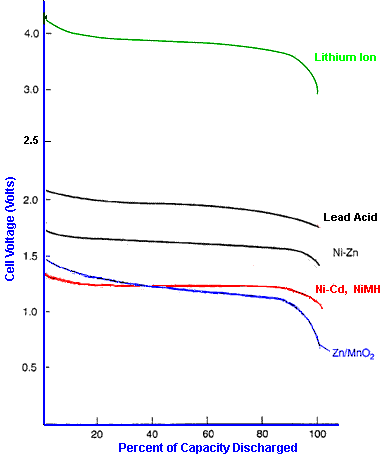I'm fairly new to electricity and just learning the basic concepts, and I wanted to ask a few questions:
One of the things that I couldn't understand from all I've read is the relation between Amperage and Voltage. Does certain voltage predict certain amperage across a wire? How is it calculated?
Voltage - From what I understand (which could be wrong), voltage can be understood as the strength in which electrons flow in a circuit. It is explained in few places as "The force that pushes electrons within a circuit". Volt is a measure of Joule/Coulomb - meaning - how much work can a group of electrons do. In this video, he uses the water analogy to explain voltage in the following manner:
Voltage is like pressure in a water pipe. The more pressure you have - the more water can flow. The more voltage you have - the more can flow.
But as far as I understand, the more correct way to put it is:
The more pressure you have - the harder water flow. The more voltage you have - the harder electrons flow.
Isn't it?
- Again the water analogy. The guy in the above video describes voltage like the pressure built when you put water in a tank. The weight of the water is what creating the pressure - so once you let water out, the pressure is constantly decreasing. The question is - is it the same with electricity? When I use a battery, does the voltage decrease as the energy is wasting?

